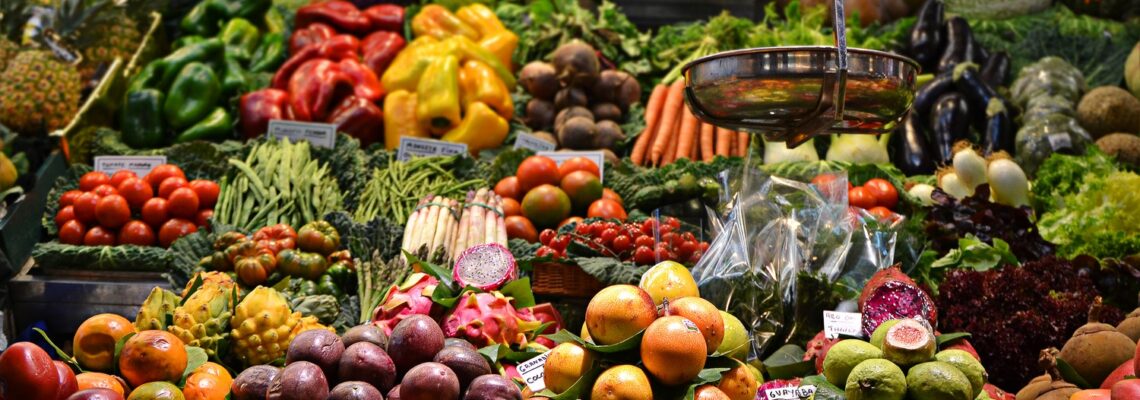Specialities & Treatments
SRV Hospital is a state-of-the-art multispecialty tertiary care facility in Goregaon that brings to the community a unique healthcare experience where a community of caregivers works closely with renowned doctors in a collaborative approach to improve both the health of our patients and the practice of medicine.

Cardiac Sciences
Gastroenterology & HPB Sciences
Uro-Genital Sciences
Internal Medicine
Obstetrics & Gynaecology
Endocrinology & Diabetology
Onco Sciences







Leave Your Comment